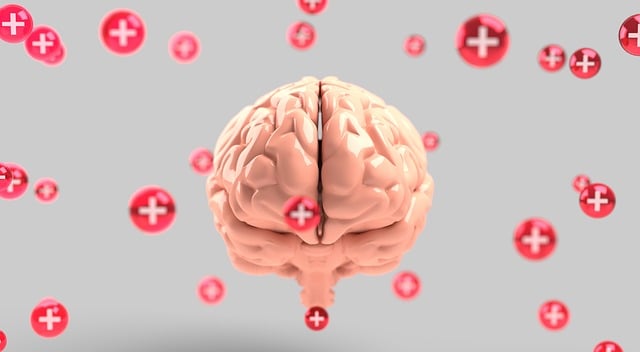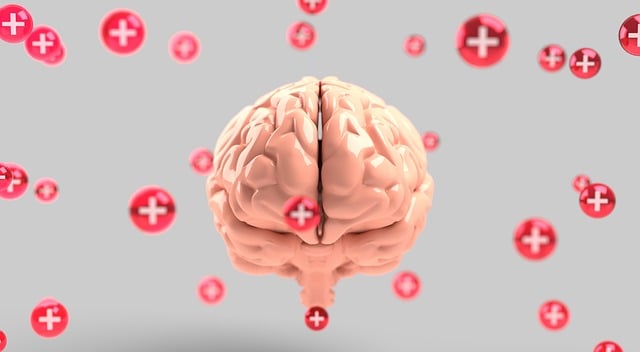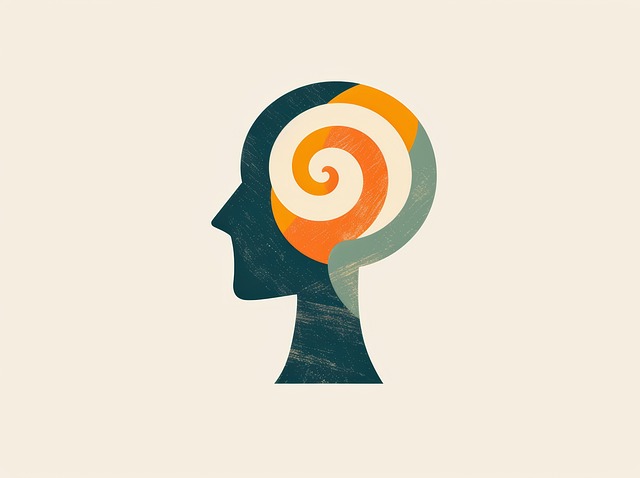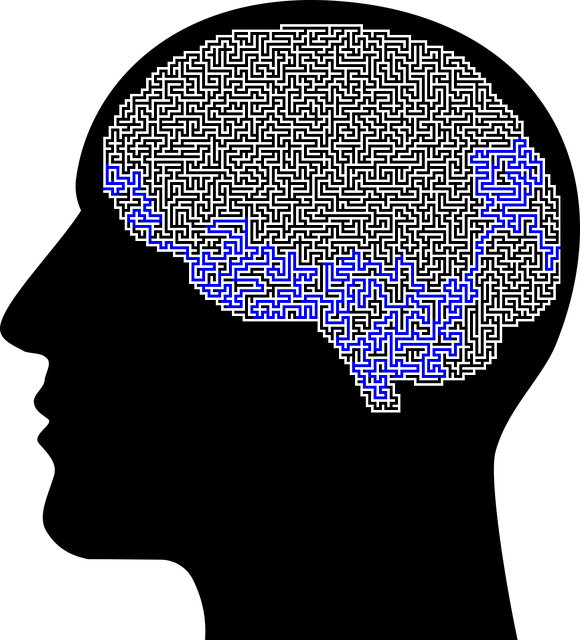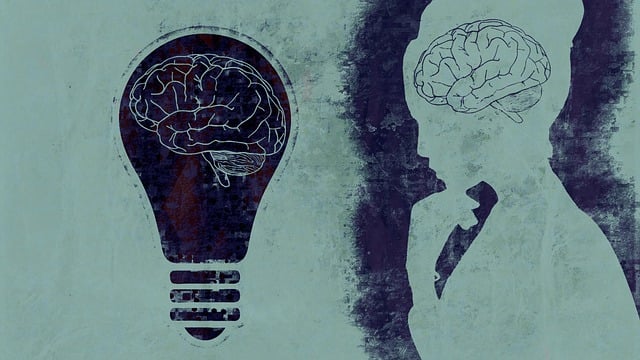Burnout among healthcare providers at Boulder Chronic Pain Therapy (BCPT) is a growing concern, impacting well-being and care quality. Recognizing early symptoms like decreased enthusiasm, increased cynicism, emotional exhaustion, and withdrawal is crucial to prevent errors and reduce productivity. High patient loads and complex cases accelerate these signs. Effective burnout prevention strategies include self-awareness exercises, mindfulness meditation, depression prevention, confidence-boosting techniques, trauma support, robust risk management planning, post-intervention support, safe spaces for experience processing, stress management skills, mental wellness podcasts, and conflict resolution techniques. Integrating these proactive measures leads to improved patient outcomes, enhances job satisfaction, fosters resilience, and creates a collaborative, supportive professional environment at BCPT and beyond.
In the demanding field of healthcare, burnout among providers is a growing concern. This article explores effective strategies to prevent burnout, specifically tailored for chronic pain therapy settings in Boulder and beyond. We delve into recognizing early signs and symptoms of burnout, discuss implementing robust burnout prevention initiatives, and emphasize the importance of fostering resilience and well-being post-intervention. By adopting these strategies, healthcare professionals can enhance their practice while maintaining a healthy work-life balance.
- Recognizing Burnout Among Healthcare Providers: Early Signs and Symptoms
- Implementing Effective Burnout Prevention Strategies in Chronic Pain Therapy Settings
- Fostering Resiliency and Well-being: Post-intervention Support for Healthcare Professionals
Recognizing Burnout Among Healthcare Providers: Early Signs and Symptoms

Burnout among healthcare providers is a growing concern, impacting both individual well-being and patient care quality. Recognizing burnout early is crucial as it can manifest in subtle ways. Healthcare professionals often exhibit decreased enthusiasm for work, increased cynicism, and feelings of emotional exhaustion. They may start to withdraw from colleagues and patients, leading to potential errors in judgment and reduced productivity.
In the context of Boulder Chronic Pain Therapy, healthcare providers might experience these signs earlier if they are managing high patient loads or dealing with complex cases. Self-Awareness Exercises like journaling can help identify patterns of stress. Additionally, practices such as Mindfulness Meditation and Depression Prevention strategies have proven effective in combating burnout by fostering resilience and emotional balance.
Implementing Effective Burnout Prevention Strategies in Chronic Pain Therapy Settings

In Boulder Chronic Pain Therapy settings, burnout prevention is paramount to maintaining a healthy and effective care environment. Implementing strategies that foster resilience among mental health professionals is crucial for addressing the unique challenges inherent in chronic pain management. By integrating confidence-boosting techniques, trauma support services, and robust risk management planning, healthcare providers can create a supportive ecosystem that reduces stress and enhances job satisfaction.
These proactive measures not only mitigate burnout but also improve patient outcomes. A motivated and resilient therapeutic team is better equipped to deliver personalized care tailored to each patient’s needs, fostering a collaborative atmosphere where both professionals and clients thrive. This holistic approach, rooted in effective burnout prevention, sets the standard for compassionate and sustainable chronic pain therapy in Boulder and beyond.
Fostering Resiliency and Well-being: Post-intervention Support for Healthcare Professionals

Healthcare professionals, especially those specializing in areas like Boulder Chronic Pain Therapy, often face high-stress environments that can lead to burnout. Post-intervention support is vital for fostering resilience and well-being among these individuals. This includes providing a safe space for them to process their experiences, share challenges, and learn coping skills for managing stress. Many healthcare workers find value in mental wellness podcast series production, which allows them to access valuable insights and strategies at their convenience.
Additionally, incorporating conflict resolution techniques into support programs can help address interpersonal challenges that may arise. These techniques not only enhance communication but also promote a healthier work environment, reducing the risk of burnout. By focusing on both individual coping skills development and collective well-being through effective conflict management, healthcare providers can build a more sustainable and supportive professional network.
Preventing burnout among healthcare providers, particularly within the context of chronic pain therapy in Boulder, is a multifaceted approach. By recognizing early signs and symptoms, implementing targeted strategies like those discussed here, and fostering resilience through post-intervention support, we can create healthier work environments that promote well-being and sustain the dedication of our healthcare professionals. These efforts are essential for ensuring high-quality patient care and maintaining a vibrant Boulder Chronic Pain Therapy landscape.

